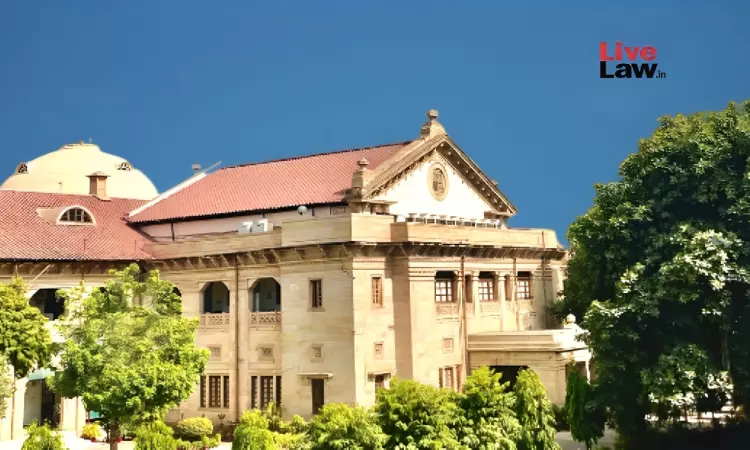Allahabad High Court Acquits Convict In 1981 Murder Case By According Benefit Of Doubt
Sparsh Upadhyay
10 Nov 2024 7:25 PM IST

Next Story
10 Nov 2024 7:25 PM IST
The Allahabad High Court last week acquitted one Ram Krishna, who was convicted for the offence of murder (incident dates back to August 1981) by a Sessions Court in March 1983 and sentenced to life imprisonment by giving him the benefit of the doubt. A bench of Justice Siddhartha Varma and Justice Vinod Diwakar found that PW1's testimony, based on which the accused was convicted by the...
